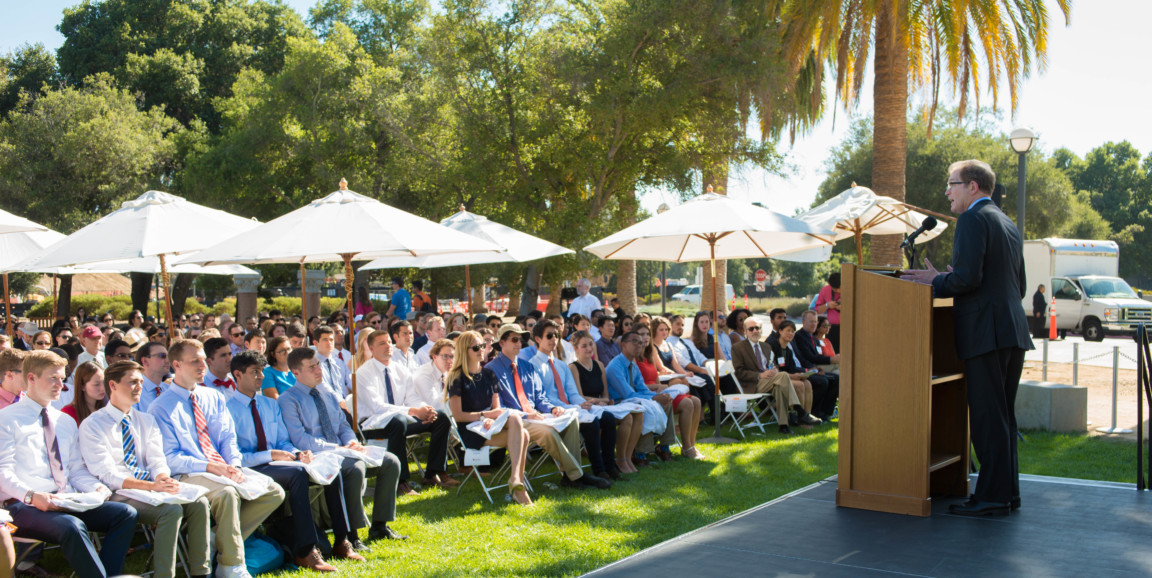As a pre-medical student, I received advice from a mentor that I'll never forget: "If you're smart enough to get into medicine, you should probably do something else, because medicine is tough."
I was floored; I thought that my mentor's advice had been colored by the fact that he was tired of the vagaries of the third year in medical.
Now that I've completed my own third year, I understand where his advice had come from, and I'm more careful about encouraging eager high school and college students to go into medicine. Specifically, I want medical school applicants to understand three main points:
Medical training takes a mind-boggling amount of time
Medical school might be four years long, but in order to become a board-certified physician, students need additional years of post-graduate training in residency after earning their M.D. or D.O. The shortest training is a three-year residency in internal medicine or family medicine. On the other side of this spectrum, the dubious distinction for the longest length of residency training belongs to neurosurgery, at an average of seven years.
So at minimum, one needs seven years of post-bachelor's training in order to become a practicing physician. That's seven years of birthdays, weddings, and other special life events that trainees and physicians may not be able to celebrate with their friends and family members.
There are many conditions that medicine is ill-equipped to fix
One of the most attractive features of a career in medicine is the ability to help people, but in reality, there are many ills that physicians simply cannot fix. Sometimes this is because of current limitations of medicine, other times the basis of a patient's disease goes beyond a simple medical cause.
Moreover, many of the illnesses that land people in hospitals -- heart attacks, kidney failure, and cirrhosis -- are caused by a lifetime of lifestyle choices and lack of financial or social resources. By the time that the patient is admitted as an inpatient for these conditions, physicians can try to stabilize the condition and minimize further damage, but oftentimes, there are not medical solutions, especially if the patient is unable to help themselves.
Medicine will change you
People who go into medicine will have the privilege and burden of seeing some of the worst moments in a person's life. Already, there are events that I will never forget: the mangled body of a dying homeless woman who bled out in our trauma after being struck by three vehicles; a family grieving for a toddler who was found in the bottom of a swimming pool; a kid who had turned the wrong corner before being struck by a car and would likely never walk again.
I asked a resident about how she dealt with the constant barrage of human tragedy. During the weekdays, she had to shove her stress in the back of her mind; otherwise, she wouldn't be available for the other patients who still needed her. When she finally had a day off, she would be able to process some of the horrific sights she had seen.
Overall, medicine is a grueling profession. And yet despite all this, if you asked me whether I would pick medicine all over again, I would answer "yes" in a heartbeat. The reason that I can be confident in my answer is because I knew before I began what I would be going through.
I was able to overcome obstacles in medical school because I had been informed by mentors who were candid about the struggles they had face. Thanks to their honesty, I identified resources at my school and turned to friends and family members for support during the inevitable periods of stress.
To pre-med hopefuls, the advice I have is this: Don't base your desire to go into medicine on parental pressures, television shows, or the perceived prestige of medicine. Instead, talk to current physicians, shadow clinics and hospitals, and volunteer with patients to figure out whether medicine could be the right path for you.
And if it is, good luck and godspeed, because if medicine truly is your calling in life, then you'll be exposed to one of the most difficult, demanding, and rewarding professions.
Yoo Jung Kim is a fourth-year medical student at Stanford and the co-author of What Every Science Student Should Know, a guide for aspiring college STEM students.
Photo by Steve Fisch




